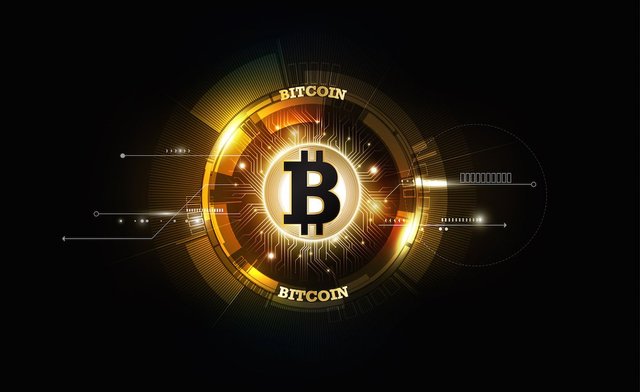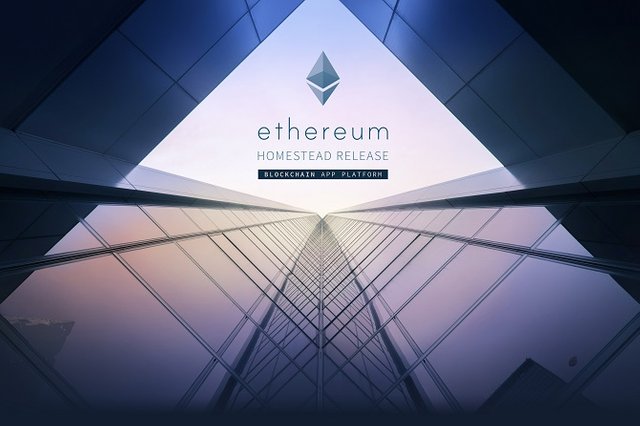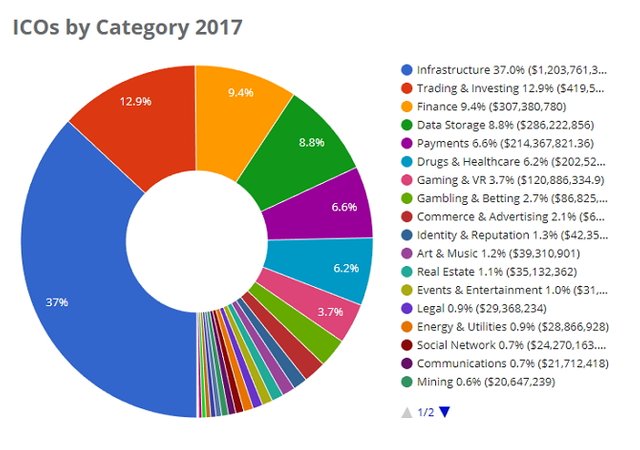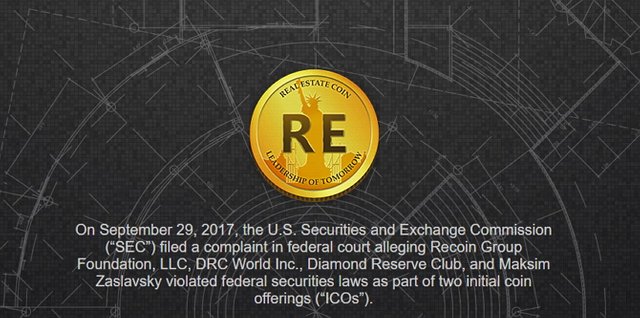What Is a Cryptocurrency ICO and Can You Make Money?

Blog Source: https://www.makeuseof.com/tag/cryptocurrency-ico-explained/
Bitcoin was first conceived by Satoshi Nakamoto back in 2009, but it leaped into the mainstream in 2017. In the twelve-month period from November 2016, the value of a single Bitcoin rocketed from $710 to $7365. Bitcoin is far from the only digital currency, or application of the underlying blockchain though. Other mainstream cryptocurrencies like Ethereum and Litecoin have also gained a substantial following.
Litecoin and Bitcoin Gold formed as a result of a hard fork from the main Bitcoin blockchain. They are still cryptocurrencies but differ in their implementation of the blockchain. Other blockchain platforms like Kin or Ethereum are built with other users in mind. Ethereum’s smart contracts and tokens have opened up a new method of crowdfunding known as Initial Coin Offerings (ICOs). However, it’s not immediately clear how the blockchain supports crowdfunding, or why 2017 is shaping up to the be the year of the ICO — for better and for worse.
Enter the ICO
The term Initial Coin Offering refers to the act of crowdfunding using cryptocurrency. Cryptocurrencies operate on the blockchain, a distributed network of records secured with cryptography. Bitcoin is currently the most well-known and successful cryptocurrency, and its decentralized nature removes the need for third-party involvement. This means that it is well-suited to crowdfunding activities. The first major ICO was for the cryptocurrency and smart contract platform Ethereum. The development of Ethereum was funded by the issuing of Ether, Ethereum’s value token, in return for Bitcoin. This ICO allowed investors to trade one cryptocurrency for another, ultimately raising over $18 million. Alongside the explosion of ICOs, Bitcoin’s value has risen significantly, thanks in part to its role in ICOs.

However, the development of the Ethereum Virtual Machine (EVM) allowed the creation of smart contracts. These also utilize the Ethereum blockchain but are separate to the cryptocurrency. The EVM allows anyone to develop applications or contacts on the platform, as well as tokens that are similar to digital shares.
This combination made Ethereum the platform of choice for CIOs, as it allows anyone to crowdfund a new project, without third party involvement. All that is needed to set up an Ethereum ICO is a new smart contract and a set amount of tokens, with their price, pegged against Ether or Bitcoin.
As these ICOs issue tokens as a digital alternative to shares, they are sometimes referred to as token sales. However, the terminology is applied loosely, with ICO and token sale often used interchangeably.
ICO vs. IPO
You may have come across the term Initial Public Offering (IPO) before. This is where a company “goes public” by issuing shares to investors in the hopes of raising funds. There have been some notable tech IPOs in recent years including social networks Facebook, and Snap, along with e-commerce giant Alibaba.
In most instances, a company will have been operating for a reasonable period of time with success before going public. ICOs are often compared to IPOs, but there are some fundamental differences. The first major difference is that an ICO is not regulated. Blockchain, cryptocurrencies, and ICOs are all relatively new concepts which regulators have not had time to fully process.
Additionally, unlike in an IPO, an ICO does not have to have a viable product behind it. What is being sold is often an idea or a promise of a product in the future. In this way, an ICO is very similar to a crowdfunding project on platforms like Kickstarter or Indiegogo.
These two differences mean that CIOs are inherently riskier than IPOs. It's true that every investment has an element of risk. However, in an IPO the company and any claims it makes have been vetted, and investors are protected under law. An ICO can be proposed by anyone without legally reviewed evidence of the viability of what is on offer.
ICO Goes Boom
As CIOs aren’t regulated there is no central register where they are all documented. This has led to multiple websites curating lists of ongoing and completed ICOs. While the creator is under no obligation to list their ICO on any of these websites, they often do as it helps to create a buzz around the launch.
This isn’t entirely dissimilar to how many people share Kickstarter campaigns on social networks in order to generate interest. Sites like Token Data, ICO Alert, ICO Tracker, and Smith + Crown are all credible and well-regarded sources of information on ICOs.

Image Credit: Con schedule
It’s fortunate that sites like these exist because the ICO market is a hive of activity. As of October 16, 2017, there have been 203 ICOs in 2017 that have raised a combined total of $3.25 billion.
The most successful ICO was for the decentralized storage network Filecoin, which raised $257 million. This was closely followed by Tezos, an Ethereum competitor, which raised $232 million. However, following the ICO, Tezos has been embroiled in controversy with reports of internal fighting and the filing of a class action lawsuit.
Locked Out of China
Many have labeled the current ICO craze a financial bubble, where the price exceeds the item’s intrinsic value. It wouldn’t be the first technology bubble — the dot-com bubble left many companies entering liquidation and contributed to the early 2000s recession.
Market bubbles are generally regarded as economically harmful, so governments and regulators are keen to avoid them. In the first half of 2017, ICOs raised more than $1 billion — over 10 times the amount raised in 2016. Around $460 million of this activity occurred in China. This accelerated, with Shanghai Securities News, reporting that almost $800 million was raised in July and August in China alone.
In an effort to prevent the bubble from bursting, and to protect investors, China issued a blanket ban on ICOs. The Chinese regulators also mandated that the ICO platforms issue refunds to investors. Many believe that these measures are only a stopgap while regulations to protect investors are put into place.
Other regulators around the world are also looking into ICOs. South Korea followed in China’s footsteps and banned fundraising through virtual currencies. During their investigation into The DAO, the SEC stated that tokens are securities and should be regulated as such.
Not All That Glitters Is Gold
Keen not to be left behind by the latest tech trend, celebrities have been quick to endorse ICOs. With billions of dollars flowing into blockchain products, some high-profile names have been promoting them on social media.
Paris Hilton and Floyd Mayweather are two of the most recognizable names, but they are far from the only ones. Forbes found that LydianCoin, promoted by Hilton, was founded by a man with a history of harassment, discrimination, with allegations of domestic violence. The New York Times was able to uncover that Centra, promoted by Mayweather, appeared to have created a fictional chief executive. Additionally, Centra had planned to issue a Visa card to make it possible to spend their digital currency. This was news to Visa who confirmed that the company had not even applied to run a card on the network, much less been approved.
Gramatik, a popular DJ, and musician, recently tokenized himself by offering Ethereum-generated tokens in exchange for his future creative output. Gramatik and SingularDTV — the “blockchain entertainment studio” — went to great lengths to frame this as a token sale and distance themselves from ICOs. However, ICOs and token sales are basically the same, but usually, on different platforms — both are unregulated and carry similar risks. The campaign page for the token launch even went as far as to say “only participate if you don’t expect anything in return.” For his part, Gramatik claims not to care about “the speculative price” of his GRMTK tokens. Despite the hype, the reality is that GRMTK is not all that different to other forms of crowdfunding for creatives like Kickstarter or Patreon.
Fake Plastic ICOs
Celebrity endorsements of unethical or shady companies are one thing, outright fraud is quite another. Since ICOs are currently completely unregulated, investors have no legal recourse or security in their investment. This is why many have suggested that staying clear of ICOs and other blockchain investments is not a bad idea. For every success story like Ethereum, there is a handful of unsuccessful or fraudulent ICOs.

In September 2017, the Securities and Exchange Commission (SEC) charged a businessman and two companies with defrauding investors in two ICOs. According to the SEC, Maksim Zaslavskiy and his two companies, REcoin Ground Foundation and DRC World, sold coins and tokens that didn’t exist. On top of this, they have also been accused of deceiving investors about how much money had already been raised, and the current state of the businesses.
Jordan Belfort, the trader portrayed by Leonardo DiCaprio in The Wolf of Wall Street, recently stated that “promoters [of ICOs] are perpetuating a massive scam of the highest order on everyone.” He said that many were using “pump and dump” techniques to pique interest, then sell before the coins lose value. His statement should be taken seriously — this is a technique Belfort’s firm Stratton Oakmont indulged in, which culminated in his 22-month prison term. (In that sense, altcoins and CIOs have become the modern penny stock.)
The Sky Is an ICO
Crowdfunding has changed the relationship between companies and their customers. By talking directly to those willing to invest, many projects have been brought to life that may have never otherwise had the chance. Likewise, ICOs are having the same disruptive effect in the blockchain world. Ethereum is proof that ICOs are able to produce valuable projects, and there will be likely more success stories among the two hundred plus Class of 2017 ICOs. Over the years, crowdfunding has been heavily criticised for its minimal regulation and lack of protection for investors. As the market has matured, sites like Kickstarter, and to a lesser extent Indiegogo, have begun to clamp down on rogue or fraudulent campaigns.ICOs, and indeed cryptocurrencies and the blockchain, are still in their infancy. Teething problems are inevitable as people learn how to maximize their potential, whilst figuring out how to regulate against scammers. ICOs are the latest manifestation of our increasingly borderless digital world and governments are struggling with how to regulate this new world. The recent ICO bans in China and South Korea, alongside proposed regulation in the US, shows that regulators have understood the danger an unregulated ICO market could pose. However, the regulation also shows a willingness to embrace innovation within a framework that makes it safe for investors.

I love the animation at the bottom! Great idea!